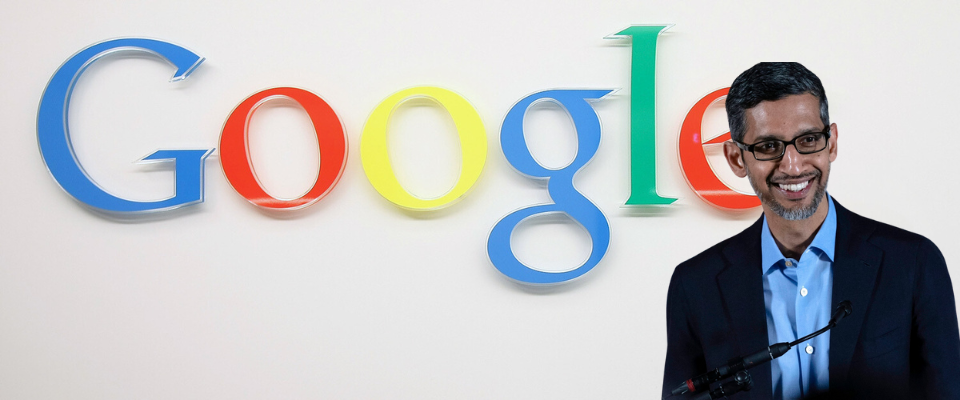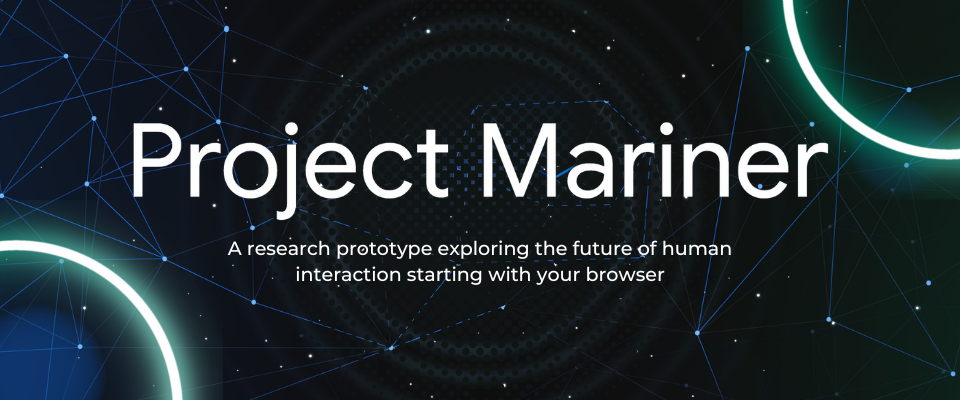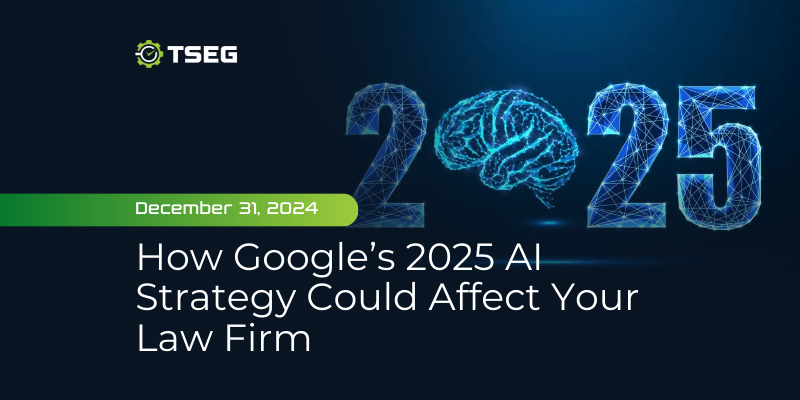How Google’s 2025 AI Strategy Could Affect Your Law Firm
Posted on Tuesday, December 31st, 2024 at 3:18 pm
Breaking Away from the Search Box
Google’s CEO, Sundar Pichai, recently painted a vivid picture of where the tech giant is heading by 2025. At the core of this vision is a pivot from the familiar search box to AI-powered applications, transforming how users interact with Google. This consumer-focused strategy hinges on the rapid evolution of AI agent apps, the introduction of tools that proactively assist users, and letting go of passively responding to queries like we’ve done for the past 20 years.
For law firms, this change introduces new opportunities and challenges in SEO. Traditional keyword targeting and link strategies will need to adapt as AI apps become the primary touchpoint – not the search box. These apps will prioritize context and intent, requiring law firms to deliver content tailored to specific user needs. Optimizing for these tools means integrating structured data, answering nuanced client questions, and ensuring your firm’s information is accessible in conversational and multimodal formats.
Consumer-Focused AI
Sundar Pichai wants to redefine how users interact with digital search. This approach emphasizes AI’s ability to predict and respond to user needs, creating a search experience that is more intuitive and engaging. Rather than relying solely on traditional input methods like typing, users will benefit from AI tools capable of understanding and addressing text, code, images, audio and video in real time.
In the legal industry, the constant additions of newer AIs presents a unique opportunity to connect with early-adopter potential clients, or those who are eager to try out the latest Google products. These AI-driven technologies are driving online legal content to align with user expectations in a way that speaks directly to human concerns instead of speaking to search engine crawlers. Search engine optimization (SEO) strategies must adapt to cater to AI’s capability to analyze intent rather than just keywords.
By embracing AI-friendly content—concise, authoritative, and directly responsive to potential client needs—law firms can maintain visibility in an era where search is no longer confined to a text box. This evolution is poised to make online engagement more meaningful and rewarding for firms prepared to adopt a forward-looking approach.
TIP: We’ve covered similar AI developments before and suggested tips to implement now ahead of these changes. Click the links below to see how your firm can start preparing:
- ChatGPT’s Rise in Search and What It Means for Attorneys
- OpenAI’s Browser Ambitions and Their Impact on Legal Marketing
- Simple Ways to Improve Voice Search Optimization for Your Law Firm

Rapid Development of Agentic Apps
A cornerstone of Google’s 2025 strategy is the rapid expansion of agentic applications—AI-driven tools designed to act on behalf of users, like a personal agent. These apps go beyond providing search results; they execute tasks, make recommendations, and offer actionable insights with minimal input. By utilizing advanced AI models, Google is positioning these applications as the new default for user interactions.
For attorneys, this tech introduces a new dimension to digital marketing. Agentic apps are designed to prioritize relevance and efficiency, meaning that content strategies must adapt to ensure visibility within these systems. To remain competitive, law firms should focus on creating comprehensive, authoritative content that aligns with the intent-driven nature of agentic apps.
Additionally, as these apps replace traditional browsing behaviors, firms need to think strategically about how their services are presented. Optimizing for featured snippets, rich results, and voice-activated AI systems will become essential to maintaining visibility.
Project Mariner
Sundar Pichai’s unveiling of Project Mariner marks a pivotal step in Google’s pursuit of integrating artificial intelligence directly into its browser experience. Project Mariner, a prototype AI-enhanced version of Google Chrome, is designed to anticipate user needs and deliver results in a more interactive and intuitive manner, eliminating the traditional reliance on manual searches.
The implications of AI-driven browsing are significant for law firms. As users interact with search results through AI-powered recommendations, the focus shifts to creating content that AI identifies as trustworthy and actionable. A law firm’s website must go beyond mere visibility—it needs to stand out as an authoritative resource that AI systems prioritize when serving user queries.
SEO in this new environment means optimizing for more than just keywords. Firms must ensure their content is structured, relevant, and enriched with metadata that AI can easily interpret.

Gemini and Project Astra
Google’s 2025 roadmap highlights upgrades to two cutting-edge initiatives—Gemini and Project Astra—that are set to revolutionize the way artificial intelligence supports user interaction. Gemini, Google’s AI model, combines generative and conversational AI capabilities, offering deep, real-time understanding of complex queries. Meanwhile, Project Astra focuses on developing AI-driven tools that enable faster, more contextually aware decision-making.
For attorneys, these advancements redefine what it means to connect with potential clients. Content strategies must adapt to anticipate Gemini’s sophisticated understanding of intent. This involves producing well-organized, deeply informative content that satisfies AI’s criteria for relevance and authority. Law firms that align with these advanced systems will likely see higher prioritization in results, increasing their chances of engaging users who are using AI assistance.
Project Astra’s focus on quick decision-making presents opportunities for law firms to streamline client acquisition. By creating AI-friendly pathways—such as clear call-to-action buttons and dynamic FAQ sections—firms can ensure that Astra-equipped platforms seamlessly guide users to the right legal services.
As these technologies gain prominence, the ability to tailor online content for AI will distinguish firms that thrive in the AI-first era from those that fall behind.
Charting the Digital Path for Law Firms
As Google transitions to AI-powered applications as the primary interface for search, the implications for law firms are far-reaching. Sundar Pichai’s 2025 vision, which includes consumer-focused AI, agentic apps, Project Mariner, Gemini, and Project Astra, points to an era where traditional “search box” SEO is no longer enough. The future demands content and digital strategies designed for AI-first technologies, emphasizing relevance, authority, and usability.
Staying ahead means adopting strategies that ensure a law firm’s digital presence is not only visible but prioritized by AI systems guiding potential clients. From optimizing for agentic apps to preparing for AI-enhanced browsers like Project Mariner, proactive adaptation will secure a strategic advantage.
TSEG’s expertise in legal marketing uniquely positions us to help firms navigate these changes. By staying at the forefront of digital innovation, we empower law firms to meet the challenges of AI-driven search head-on, ensuring they remain a trusted choice for clients in an increasingly digital industry. Connect with us today to learn more.
